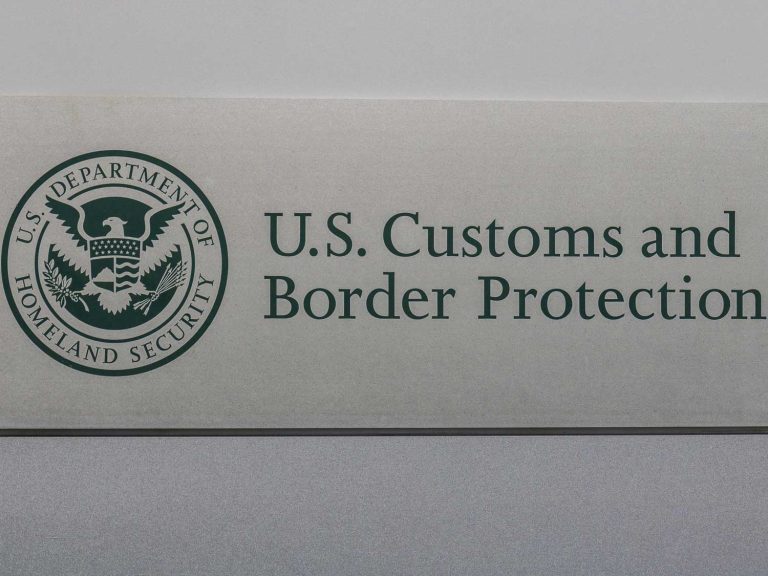
Date:
US Importers Face Mounting Fines as Packaging Contamination Checks Increase
US Customs and Border Protection (CBP) is intensifying inspections on wood packaging materials (WPM), issuing more than 87,000 Agriculture Emergency Action Notifications (EANs) in the last fiscal year.
Heightened enforcement reflects growing concern over pest-contaminated pallets, crates and dunnage, a long-standing biosecurity risk that has now become a priority issue across major US gateways.
For exporters, especially those shipping palletised freight, the consequences of non-compliance can severely impact trading relationships, while for US importers, the financial exposure is significant. CBP can issue fines that reach into seven-figure territory, and contaminated shipments may be held, re-exported or destroyed, creating major supply chain disruption, missed deadlines and substantial downstream cost.
CBP data shows an 11% YoY surge in Agriculture Emergency Action Notifications, reflecting increased detection of pests in packing materials. Over 16,000 of these involved pests found in or on cargo or its packaging. Each notification signals non-compliance with USDA-APHIS regulations, with the potential for costly follow-up actions:
- Immediate holds and inspections
- Costly remediation or fumigation
- Delays at port and inland terminals
- Re-exportation at the importer’s expense
- Contract penalties and lost sales
Ensure US-bound cargo is protected
The tightening enforcement environment means exporters must take proactive steps to prevent WPM contamination before goods reach the port. Best practice includes:
- Using ISPM-15 certified heat-treated wood packaging only
- Ensuring pallets and crates display verifiable, legible marks
- Avoiding reused pallets unless their compliance is confirmed
- Conducting pre-loading inspections for visible damage or infestation
- Documenting supplier compliance for every shipment
Failure to meet US phytosanitary requirements places the importer at significant financial risk. Exporters who can guarantee secure, compliant packaging strengthen their commercial relationships and demonstrate reliability in a stricter regulatory environment.
For American importers, CBP penalties are only part of the problem. Additional exposure includes:
- Inland demurrage and storage fees
- Port congestion and rebooking delays
- Damage to inventory availability and production schedules
- Increased insurance premiums
- Supplier disputes over liability
With CBP tightening inspection criteria and increasing oversight, importers must ensure their overseas vendors understand the risks and are operating to compliant standards.
How Metro supports exporters and importers
Metro works closely with exporters and US importers to minimise risk by ensuring full compliance at origin, correct packing standards, and stringent supplier checks, which may include:
- Verification of ISPM-15 compliant materials
- Supplier packaging audits and corrective actions
- Pre-shipment inspections at factory and loading sites
- Documentation accuracy and regulatory alignment
- Route planning to reduce inspection exposure
- Exception handling through our global control tower
Metro’s integrated UK–US operation means issues can be addressed quickly, with local teams supporting both sides of the supply chain.
Whether you’re an exporter shipping to the US or an importer managing inbound regulatory risk, Metro provides local compliance expertise at origin and destination.
With more than 10 offices across key US logistics hubs — including New York, Chicago and Dallas — our Metro Global USA team offers hands-on support, faster issue resolution and full supply chain visibility.
EMAIL our managing director, Andrew Smith to discuss your US compliance and cargo-risk requirements.
